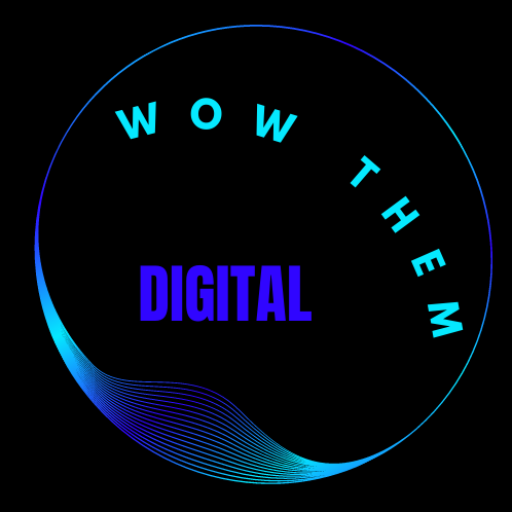
In today’s digital age, the power of social media cannot be overstated. From connecting with friends and family to influencing consumer behavior, social media platforms have become integral to our daily lives. However, beyond personal interactions, social media has evolved into a potent tool for businesses to engage with their audience and drive success through marketing strategies. In this blog post, we’ll delve into the importance of social media marketing and why it’s a game-changer for businesses of all sizes.
1. Reach and Visibility
One of the most significant advantages of social media marketing is its unparalleled reach and visibility. With billions of active users across various platforms, businesses have the opportunity to connect with a vast audience that spans demographics, interests, and geographical locations. Whether you’re a small startup or a multinational corporation, social media provides a level playing field to showcase your products or services to potential customers worldwide.
2. Building Brand Awareness and Loyalty
Social media platforms offer businesses a platform to establish and strengthen their brand identity. Through compelling content, consistent messaging, and authentic interactions, companies can humanize their brand and foster meaningful connections with their audience. By regularly engaging with followers and providing valuable insights, businesses can cultivate trust and loyalty, turning casual followers into brand advocates who champion their products or services.
3. Targeted Advertising
Unlike traditional forms of advertising, social media marketing allows businesses to target specific demographics, interests, and behaviors with pinpoint accuracy. Through advanced targeting options offered by platforms like Facebook, Instagram, and LinkedIn, businesses can tailor their marketing efforts to reach the most relevant audience segments, thereby maximizing the impact of their campaigns and optimizing their return on investment.
4. Driving Website Traffic and Conversions
Social media serves as a powerful conduit for driving traffic to your website and converting followers into customers. By strategically integrating links to your website within your social media posts and profiles, businesses can direct users to explore their products or services further. Additionally, features like shoppable posts and integrated e-commerce platforms enable seamless transactions directly from social media platforms, streamlining the path to purchase and enhancing the overall customer experience.
5. Real-Time Engagement and Feedback
One of the most valuable aspects of social media marketing is the ability to engage with your audience in real time and gather feedback instantaneously. Whether through comments, messages, or polls, businesses can solicit input from their followers, address concerns promptly, and adapt their strategies based on customer preferences and market trends. This real-time interaction fosters a sense of community and fosters a deeper connection between businesses and their audience.
6. Analyzing and Optimizing Performance
Social media platforms provide robust analytics tools that allow businesses to track the performance of their marketing efforts with precision. From measuring engagement metrics such as likes, shares, and comments to tracking conversion rates and customer acquisition costs, businesses can gain valuable insights into the effectiveness of their campaigns. By analyzing these metrics and identifying trends, businesses can refine their strategies, allocate resources more efficiently, and achieve better results over time.
In conclusion, social media marketing has become an indispensable tool for businesses looking to thrive in today’s competitive landscape. By leveraging the reach, engagement, and targeting capabilities of social media platforms, businesses can amplify their brand presence, drive traffic and conversions, and foster lasting relationships with their audience. As technology continues to evolve and consumer behavior shifts, embracing social media marketing is not just an option—it’s a necessity for businesses that aspire to succeed in the digital age.
